Daily Diary of an IPPF Field Visit
Since the start of the invasion of Ukraine by Russian forces in February 2022, IPPF has supported partners in Ukraine and surrounding countries to provide access to essential sexual and reproductive health and rights (SRHR) information and services for those affected.
Over the course of two weeks, an IPPF surge support staff member visited our partners responding to the refugee crisis in Poland, Hungary, and Romania. This is the daily diary of her observations, photos and interviews with staff, volunteers and refugees.
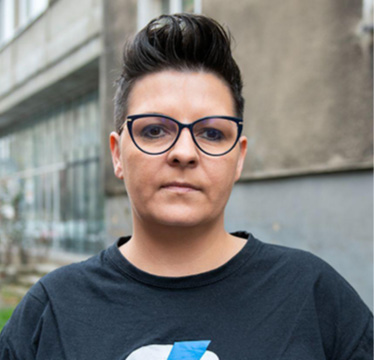
“I walk the streets and people come up to me and thank me. It’s gratitude.”
Hanna Kustral, one of the founders of Polish Women’s Strike
Poland Warsaw
Monday, 5 December 2022
It’s 1°C in Warsaw, and it’s set to snow in the next few days. The days are short as we near the winter eclipse, and night sets in by 4pm. 8.1 million refugees from neighbouring Ukraine have arrived in Poland since the start of the conflict in March 2022. Activists, service providers and NGOs are run off their feet, trying to keep up with the demand placed on them by their neighbours in need.


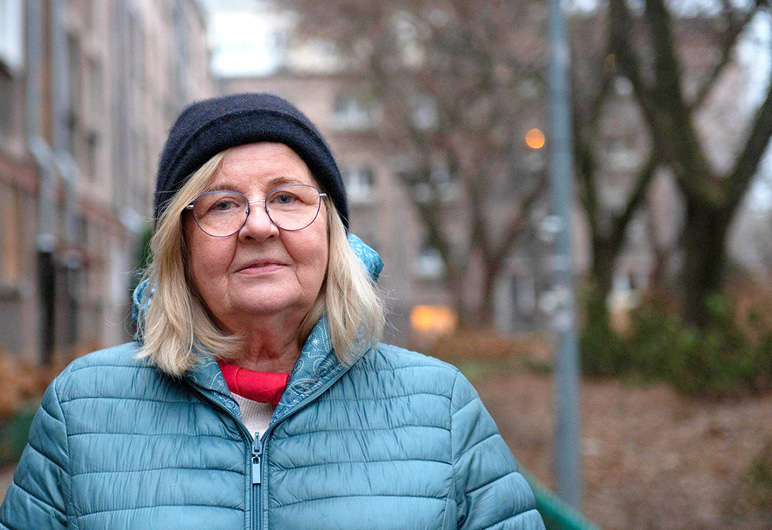
“We helped, for example, two teenagers, 14 and 15 years old who were raped by Russian soldiers on their way to the Polish border… I met the young girls at the Warsaw railway station in the dark of the night, and we went together to a private clinic, which opened during the night for us. They were provided with medical procedures for survivors of rape, antiretroviral injections, and HIV tests. They were so thankful; they had no words to thank us”
Justyna Grabowska, Founder of Asymmetrical
Poland
Tuesday, 6 December 2022

“We’ve been working from this shelter since August, providing refugees with referrals to safe places to sleep, food and other items they need like sanitary products. Some days we have thousands of people come through this reception point. We take care of them from the first conversation here to when they leave for other countries or when we place them in a safe place in Poland.”
Justyna Grabowska, Founder of Asymmetrical
Other staff from our time in Poland
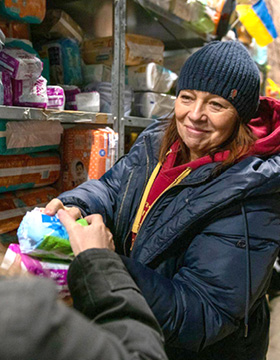
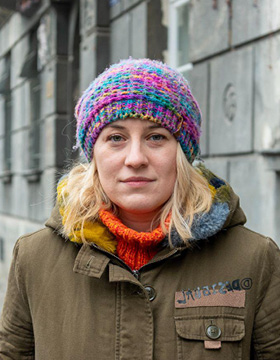
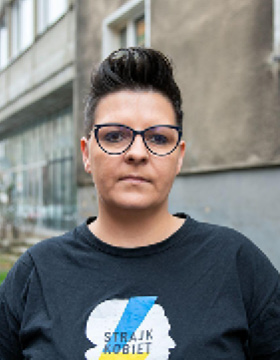
Hungary Pilisszántó
Tuesday, 13 December 2022
Today we moved from Poland to Hungary to a refuge high up on a hill in Pilisszántó, a village in Pest County, Budapest metropolitan area, Hungary. Formerly a castle and hunting lodge, it is now reserved for the Roma community who have fled the war in Ukraine. Dual Hungarian and Ukrainian citizens but residing over the border in Ukraine, the Roma community suffer from intersectional discrimination and mistreatment by the Hungarian healthcare system - which is overly complicated to navigate even for someone who lives in Hungary.

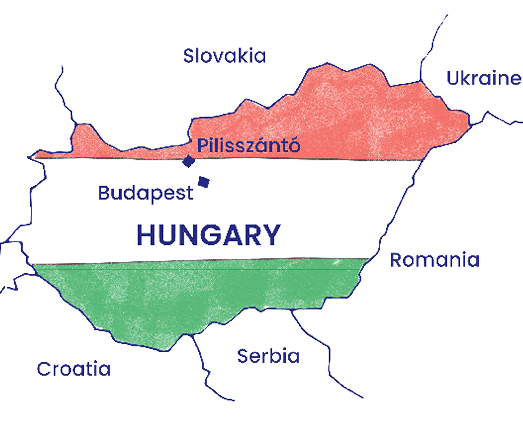
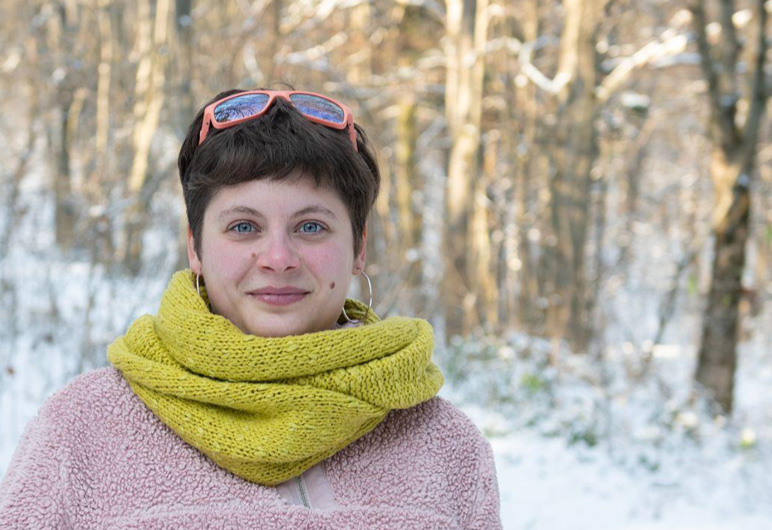
“My favourite story that stands out for me, out of many, is the story of what happened to me and a woman [client] in the health care service. During the first visit the doctor wanted to do a vaginal ultrasound but the woman refused. When we went next time he didn’t want to do it anymore. After the check up in the stairway the woman with me said to me: - “Now he knows what services I want, he learnt from me””
Fanni Csonka, EMMA social worker
Other staff from our time in Hungary
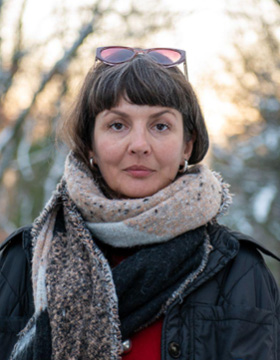
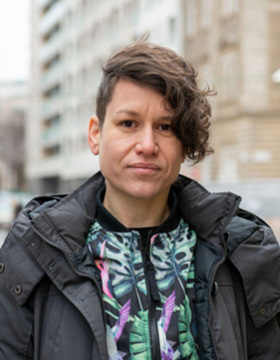
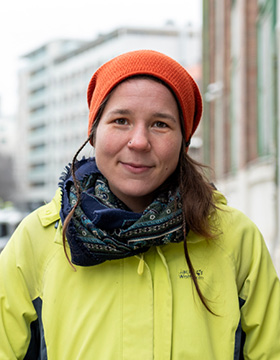
Romania Bucharest
Thursday, 15 December 2022
SECS and Necuvinte work closely with the female refugee population as their patient advocates, ensuring women know of, and are comfortable, accessing SRHR through the Romanian healthcare system. They offer to drive women to their appointments and translate/advocate for them in person.
They also distributed dignity kits to women at the start of the refugee crisis in March 2022. These included menstrual hygiene and other hygiene items.
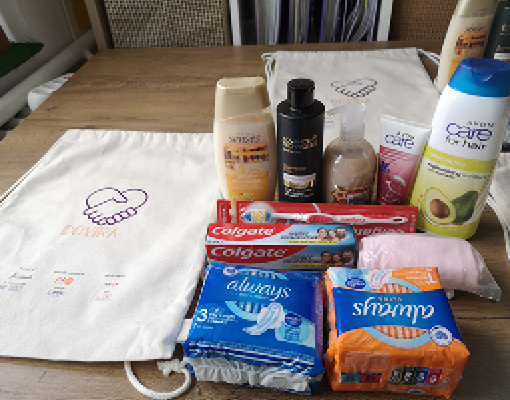
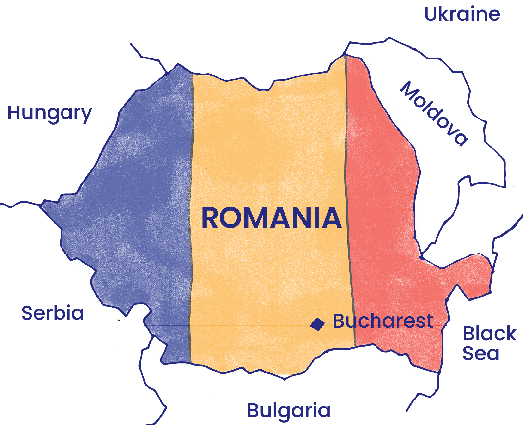
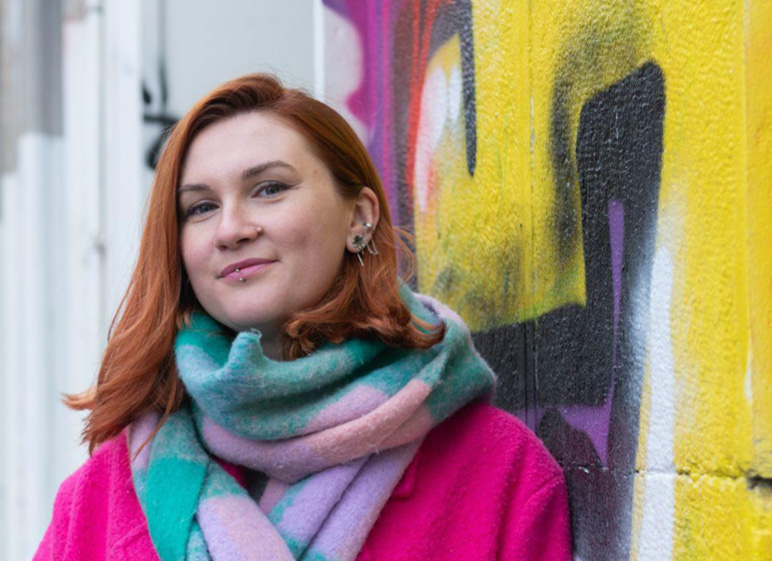
“The moment the war started, they came immediately to Romania. So it took us by surprise, not just them but all the countries around Ukraine. The people of Romania were the first ones to help, people were at the border trying to help with food, water and blankets as it was winter when the war broke out. People offered their homes for people to stay. The first help was from Romanian people. It hasn’t happened to us before, nothing of this scale. Everyone was so open and willing to help.”
Alina Iordache, Project Manager for Necuvinte
Other volunteers and staff from our time in Romania

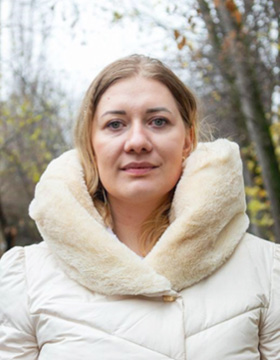
Photographer Hannah Maule‑ffinch accompanied me on this trip to capture the images in this diary
when







